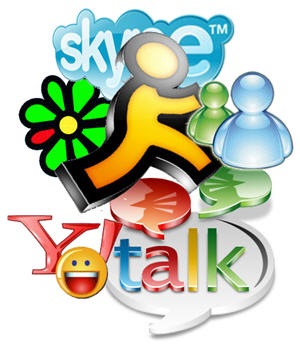“Shared consciousness and collectivity”
“Members of a single social network”
“Collaborative community”
“Community building”
“Virtual community as a way to restore a ‘cooperative spirit’”
These are a few of the ways Turner describes the virtual community of the WELL from the 1980s. Virtual communities are a valuable way to bring people together in spite of geographic boundaries to share ideas, information and collaborate.
 |
| A "Simple" Social Network |
Certainly for the community of the WELL , these various descriptions came to fruition. However, it is important to point out that while online gathering places can create community and collaboration, they bring together like-minded individuals. For instance, the objective of the WELL was to bring together the readers and contributors of the Whole Earth Catalog and provide a venue for those seeking a commune way of life.
Today, one could say virtual communities create chasms in society through the creation of innumerable specialty communities. While these communities create a collective group of their members, they can alienate outsiders.
The World of Warcraft fans featured in the documentary “Digital Nation” were depicted as a tight-knit community. In fact, couples even met and later married thanks to the online World of Warcraft forums. However, outsiders of this group – such as the class of COM641 – viewed the devotion of the gamers to be laughable.
Virtual communities have many benefits, but we must be careful not to get too lost in our online worlds. It’s important to live in a reality where interactions do not merely exist with individuals with our same passions and ideas. Turner briefly touches on disagreement occurring on the WELL when he quotes several members recounting heated debates.
Everyday, we are forced to interact with individuals with different opinions, experiences and hobbies. Becoming too involved in virtual community can lead us astray from offline communities and the ability to interact, collaborate and innovate with different perspectives.

